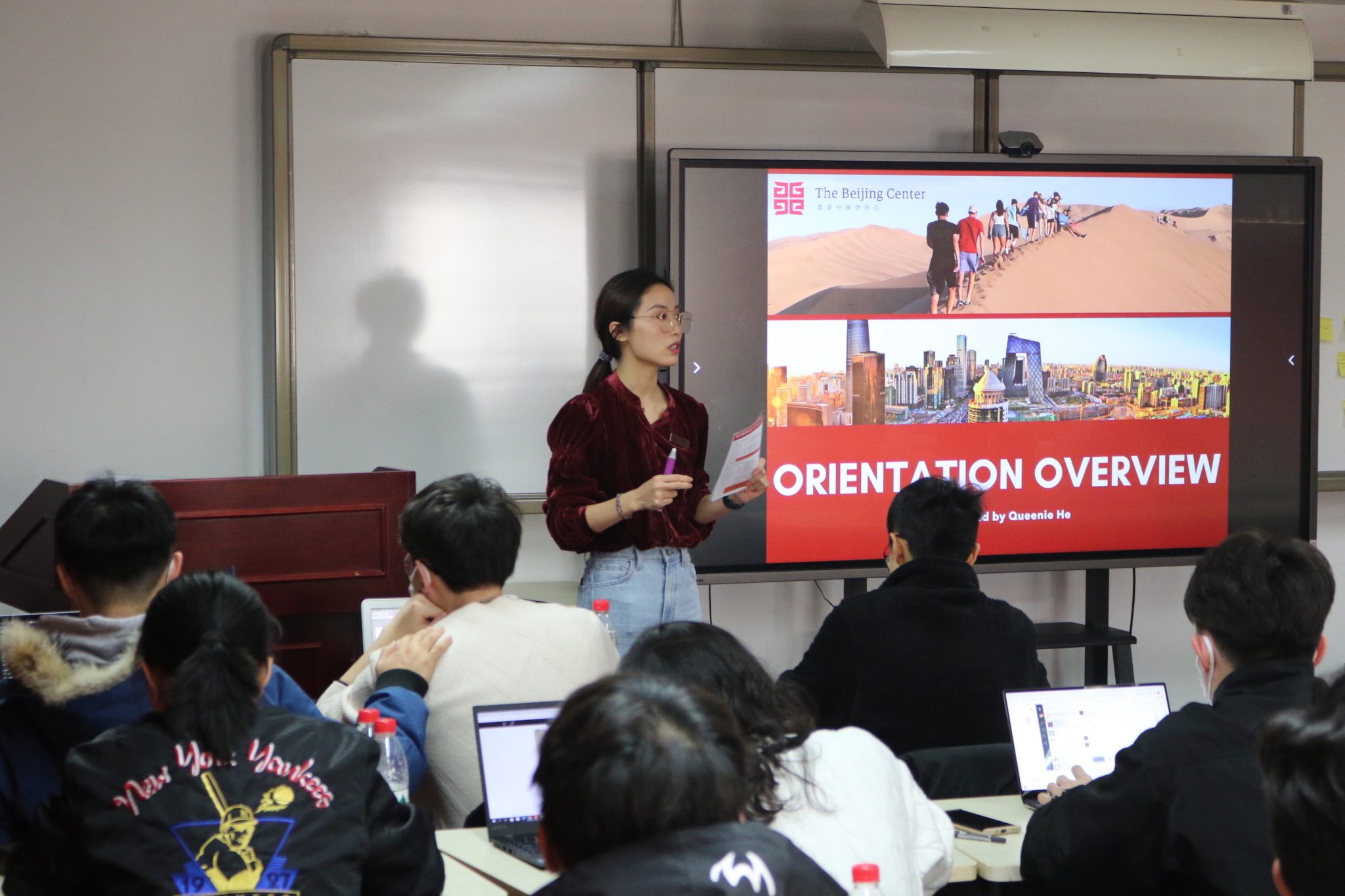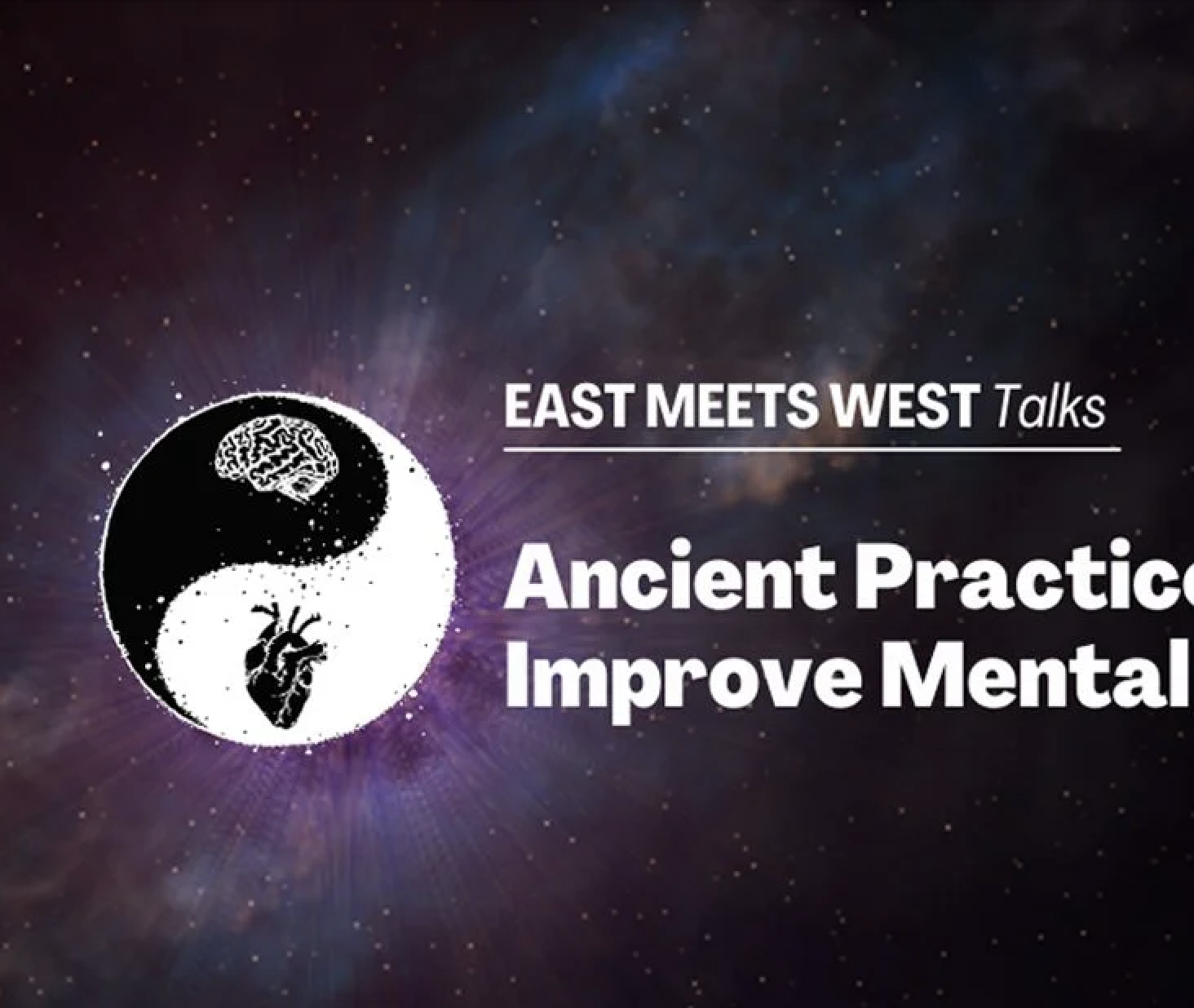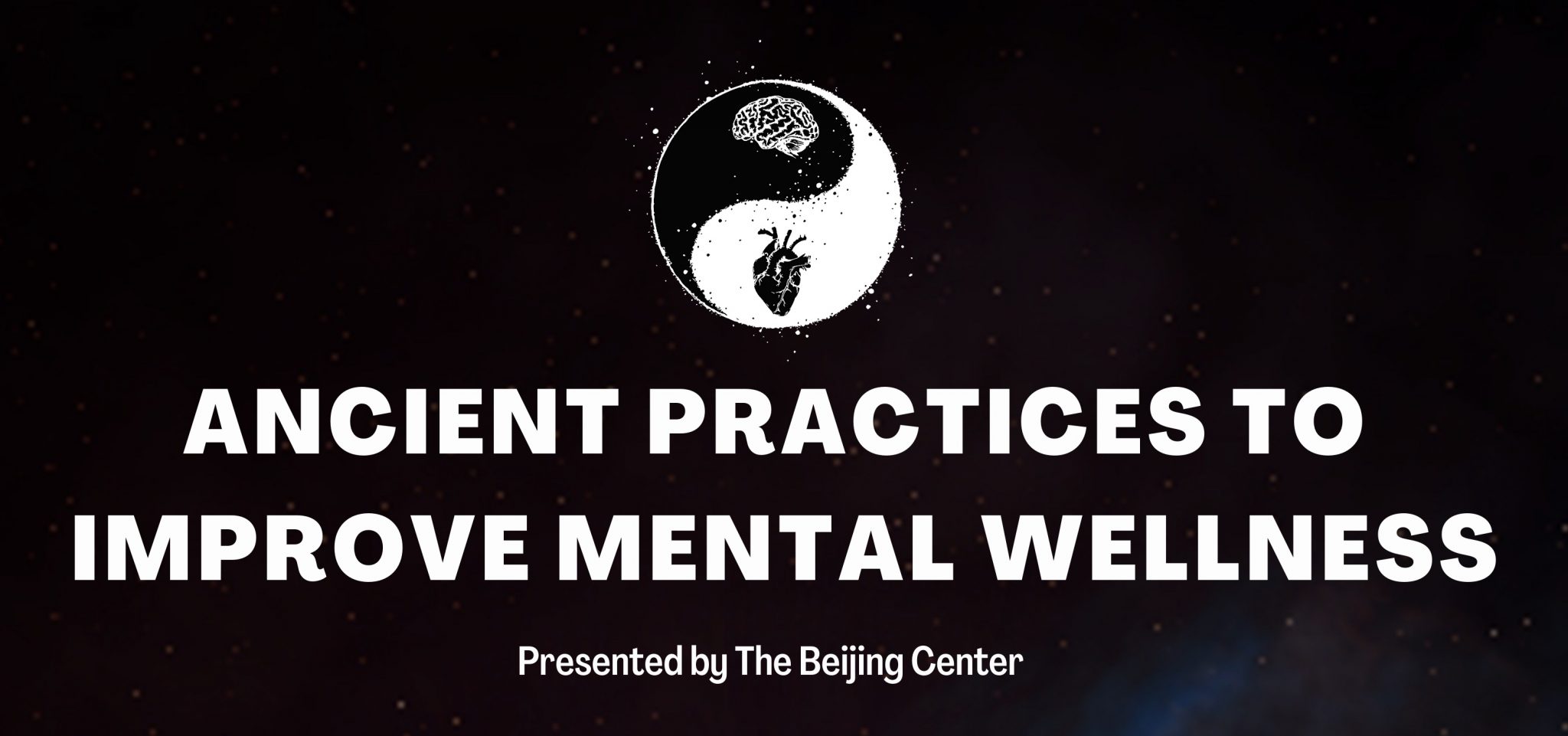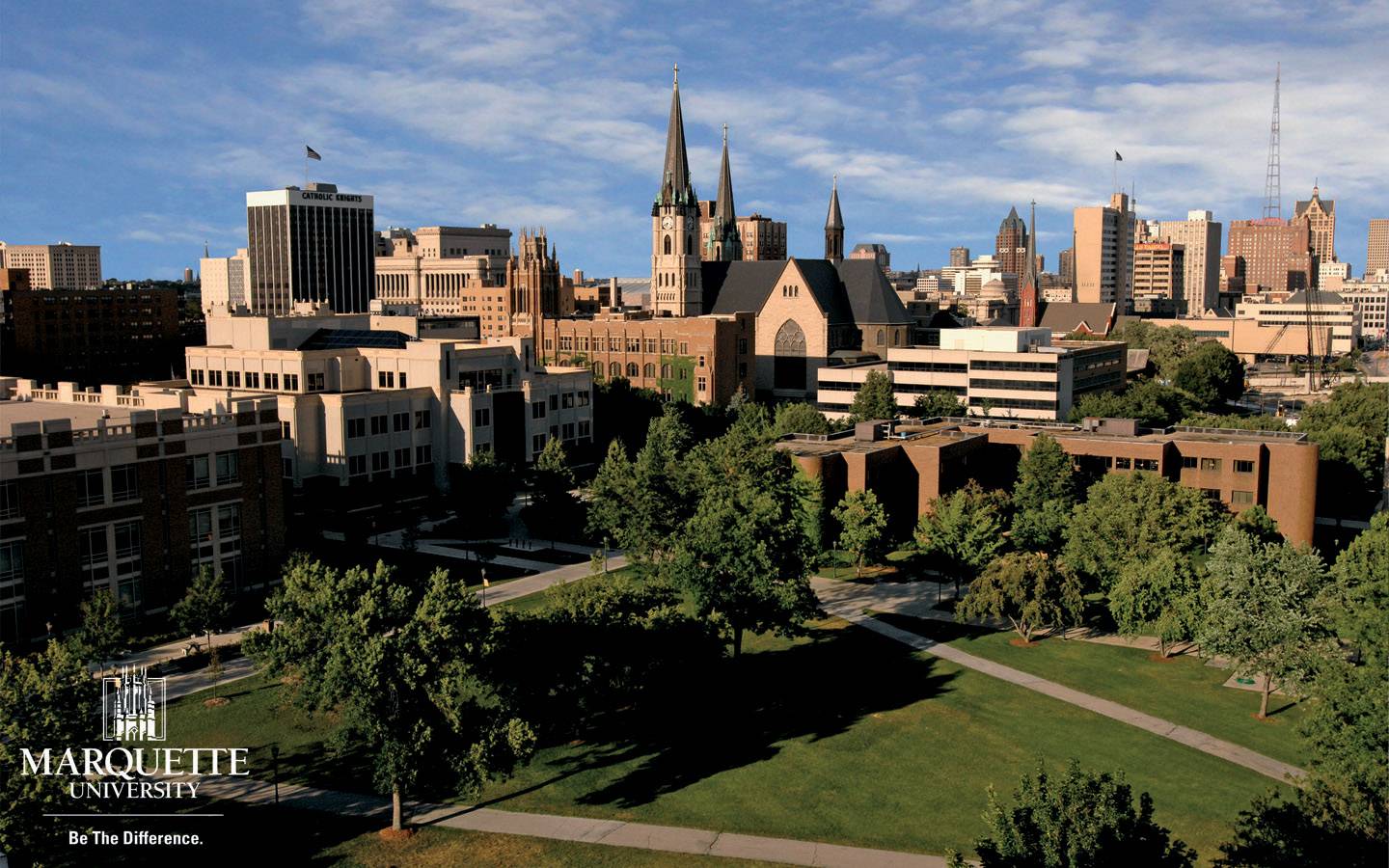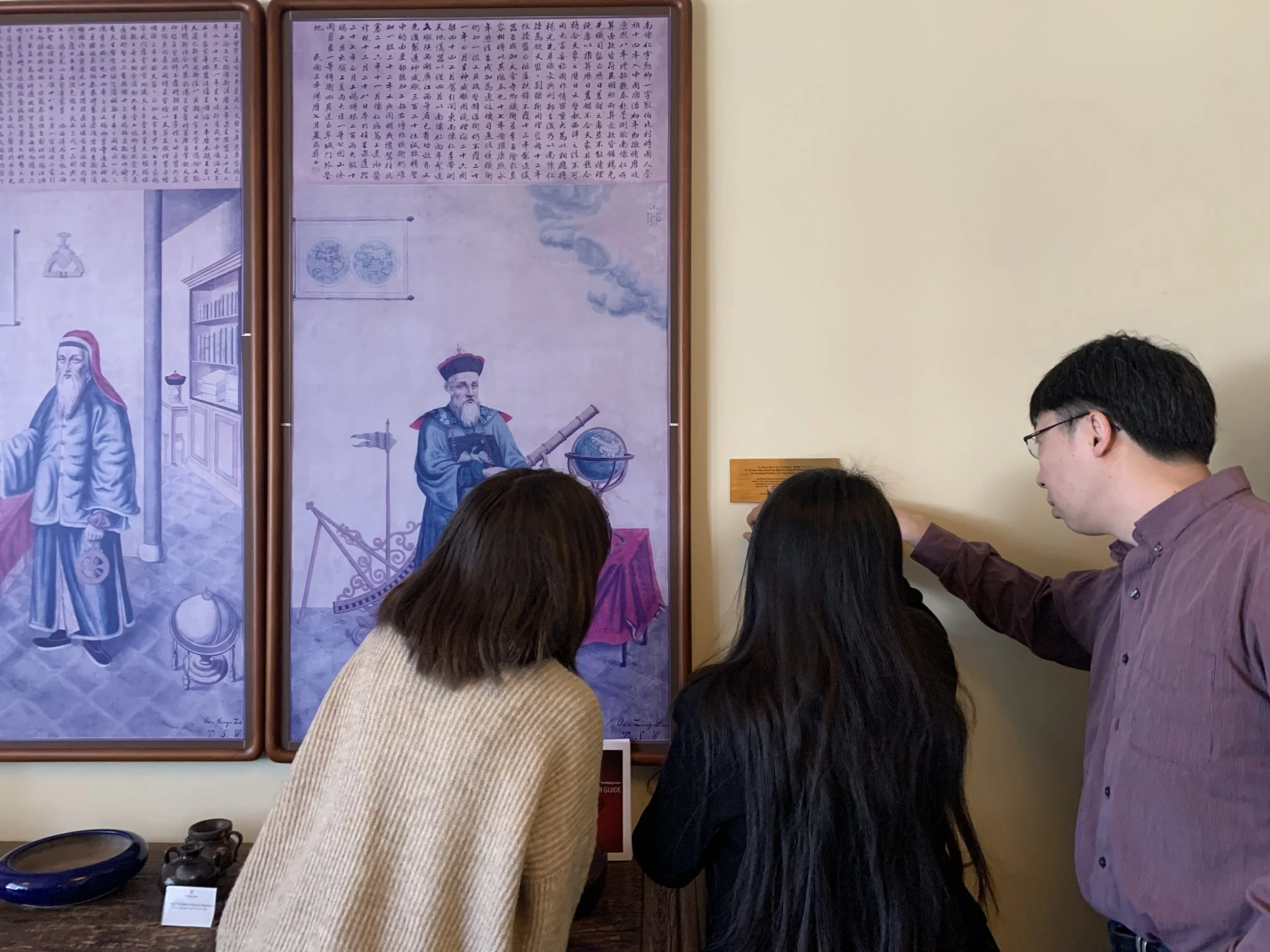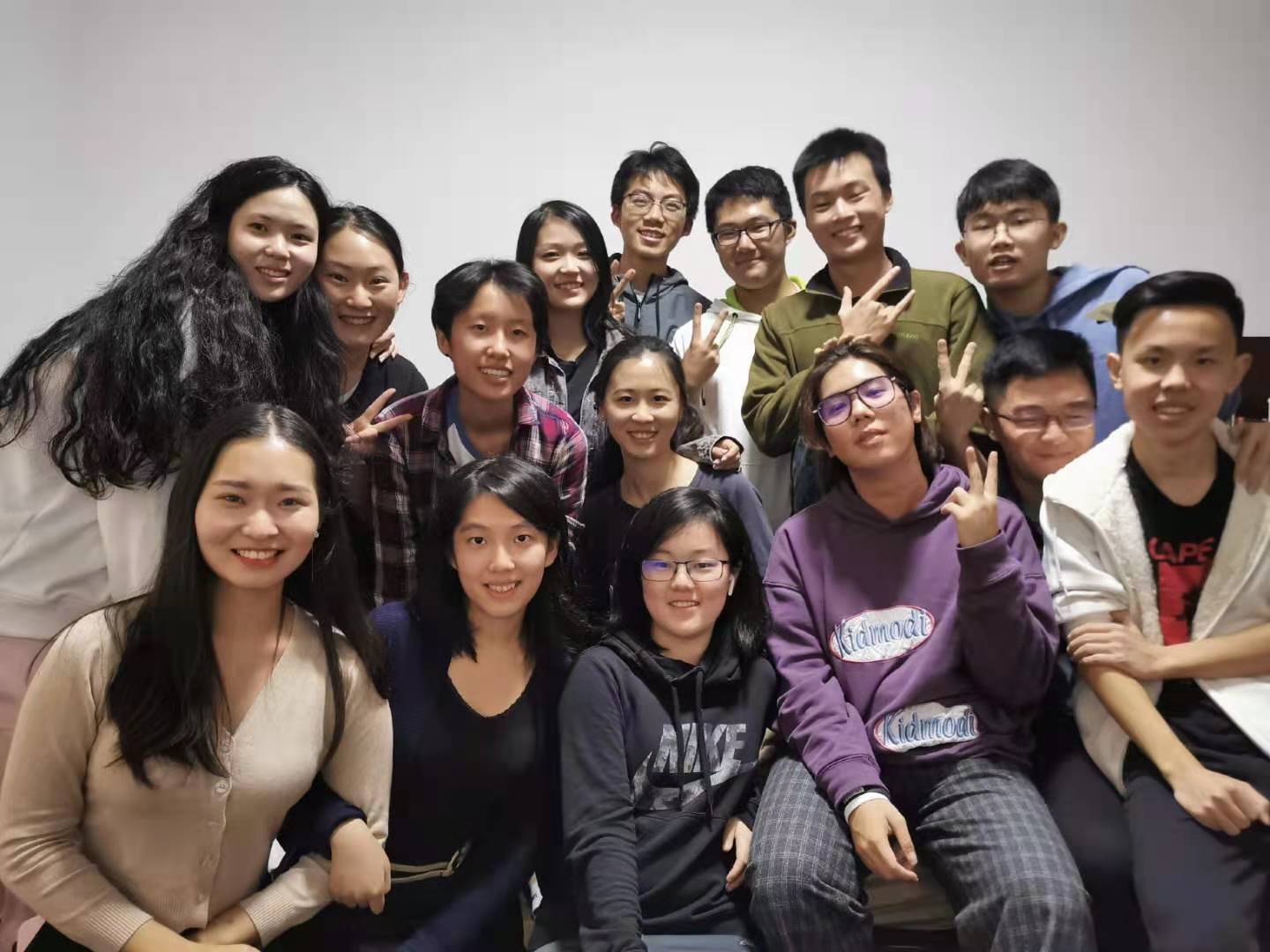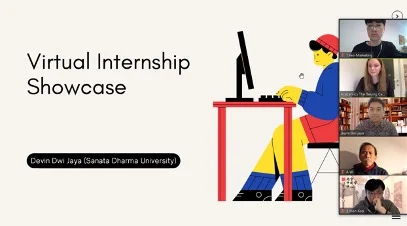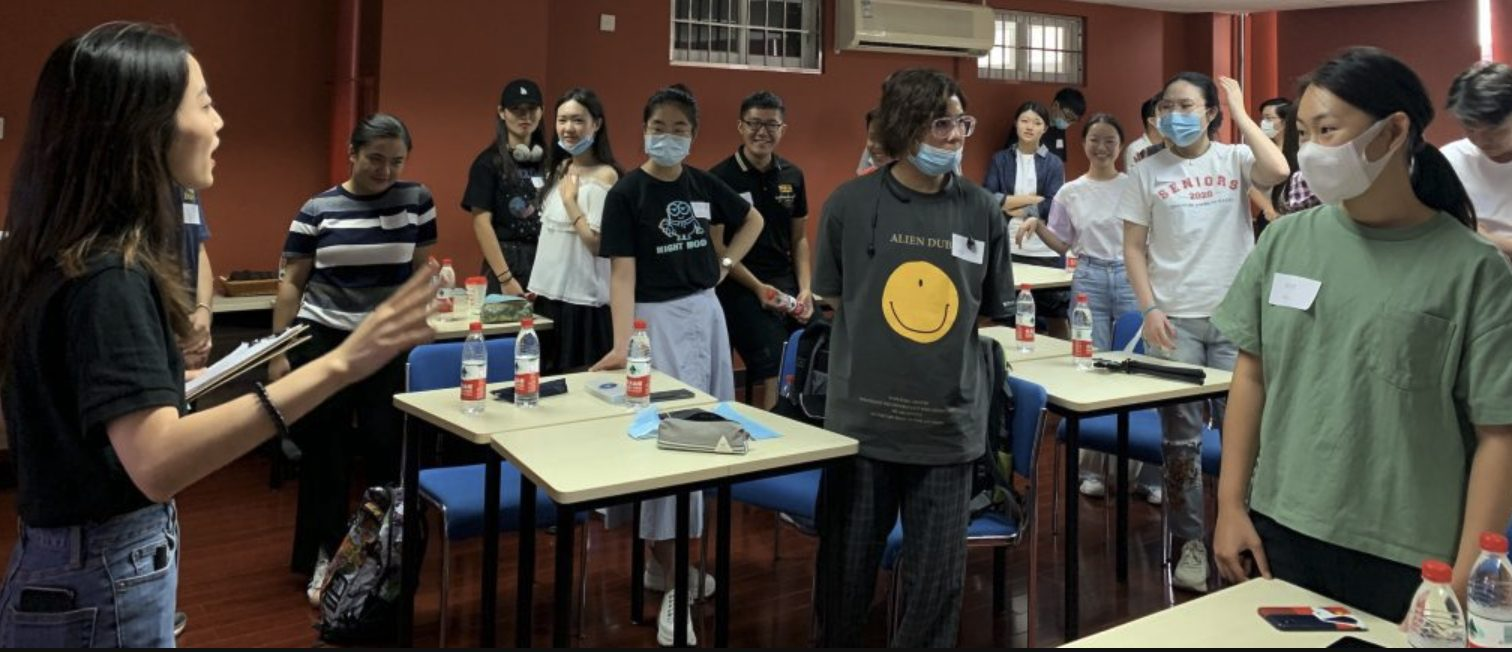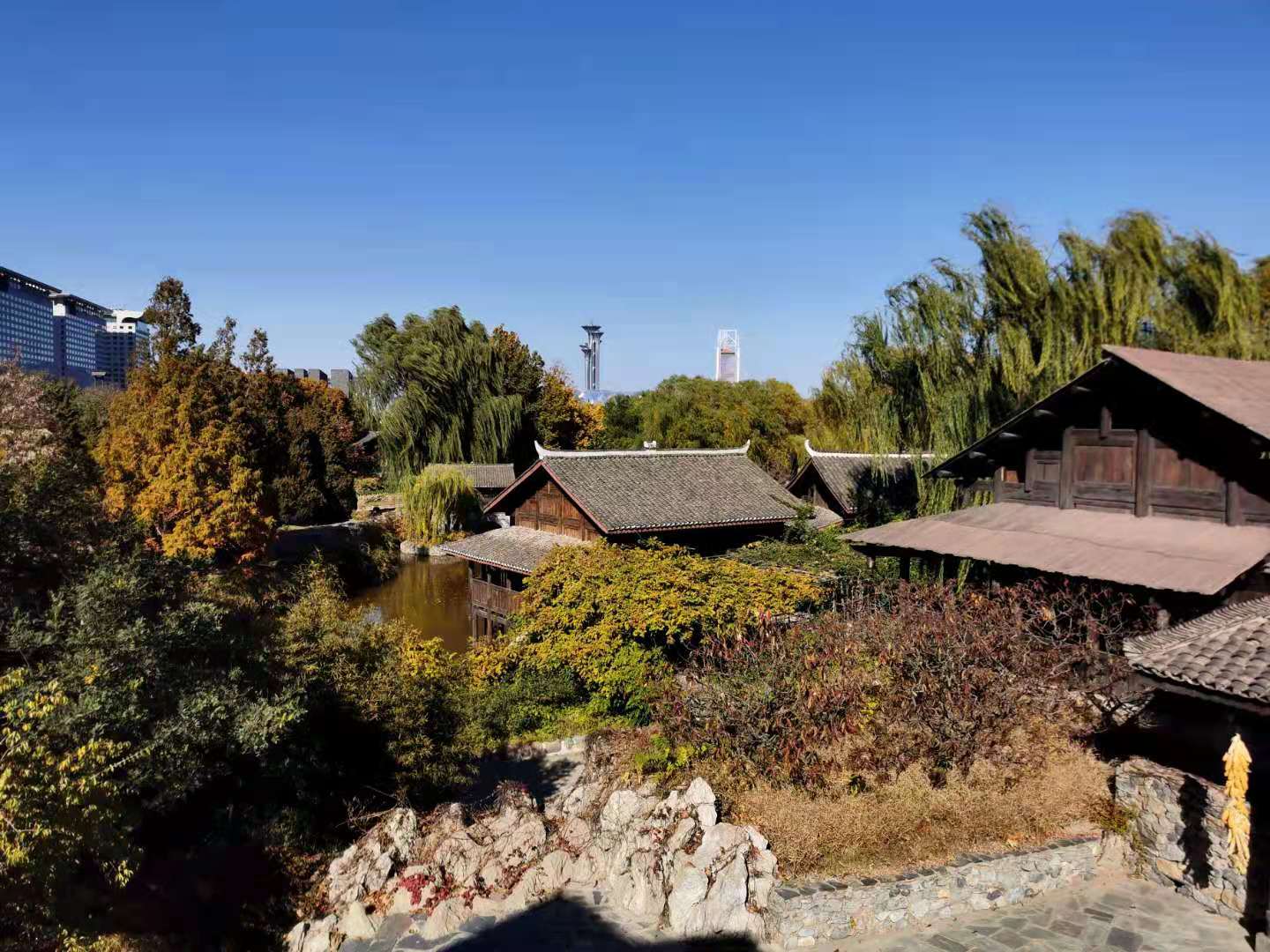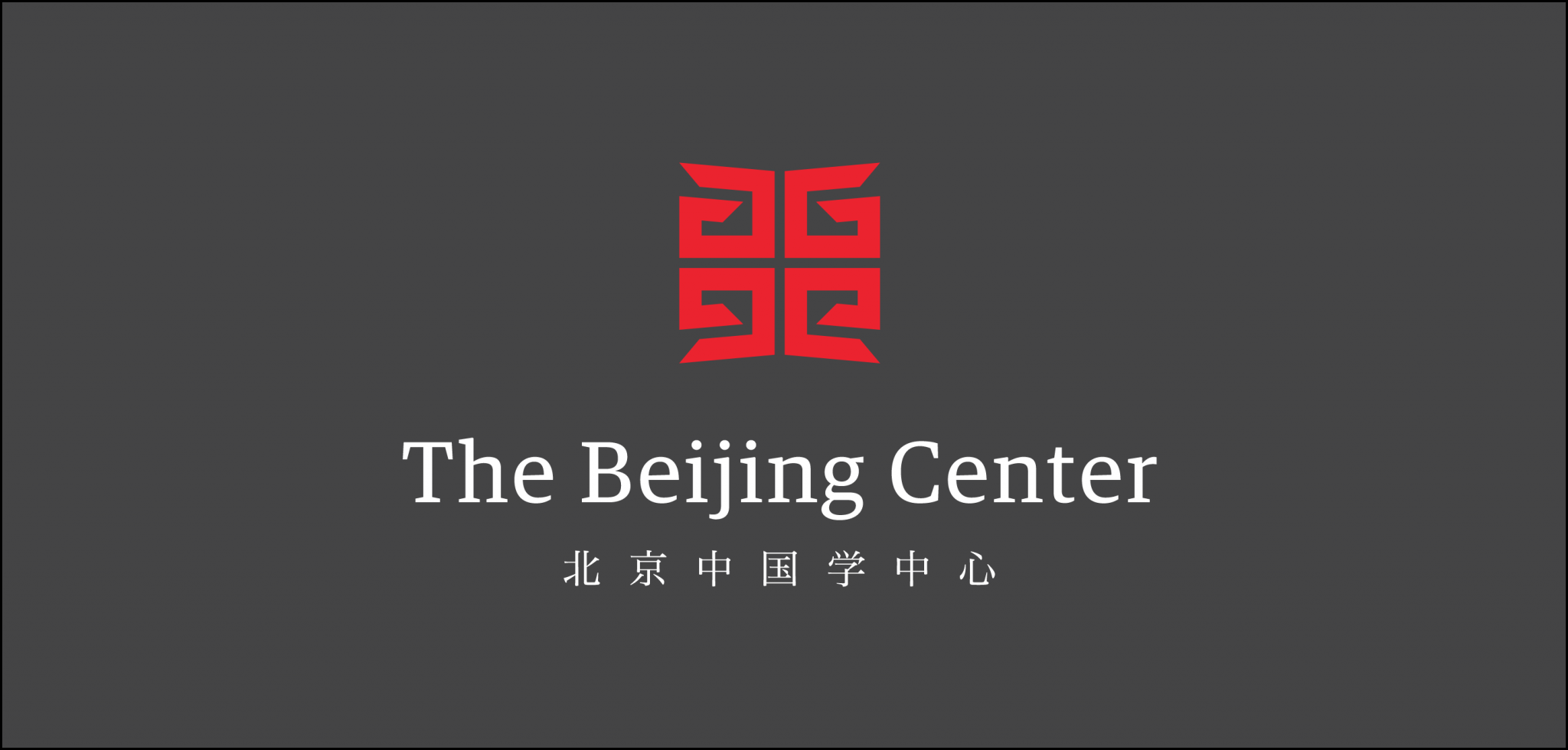
TBC STANDS WITH THE ASIAN COMMUNITY
We at The Beijing Center (TBC) are all deeply disturbed by the recent violent outbreak against Asian Americans, and we are horrified at the continued unfolding of racially motivated acts of hate and violence. As we collectively continue to battle against the ongoing pandemic, an increase in violence and additional deaths points to the need to expand the awareness of bias and discrimination that is still very much present in our societies.

